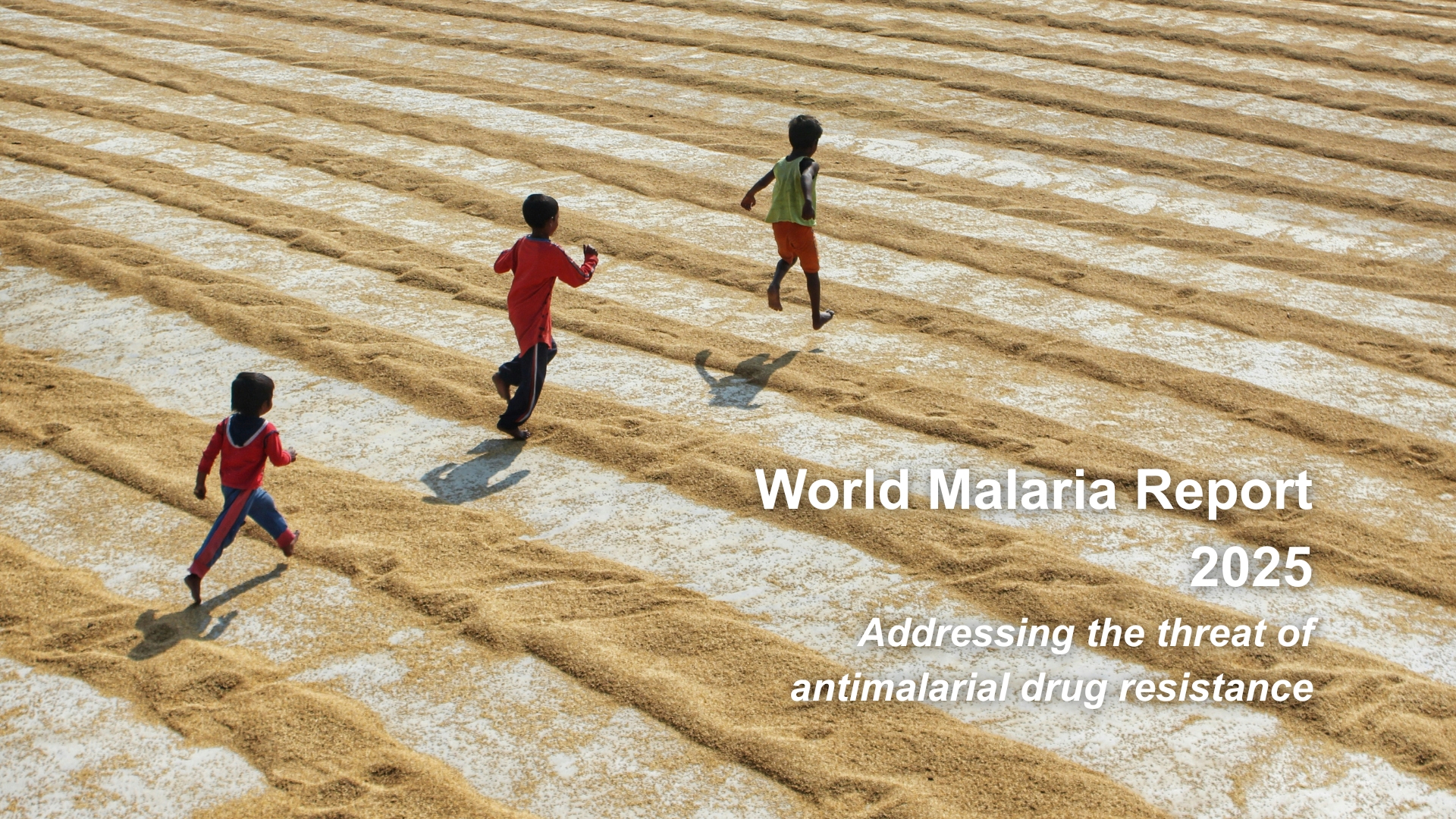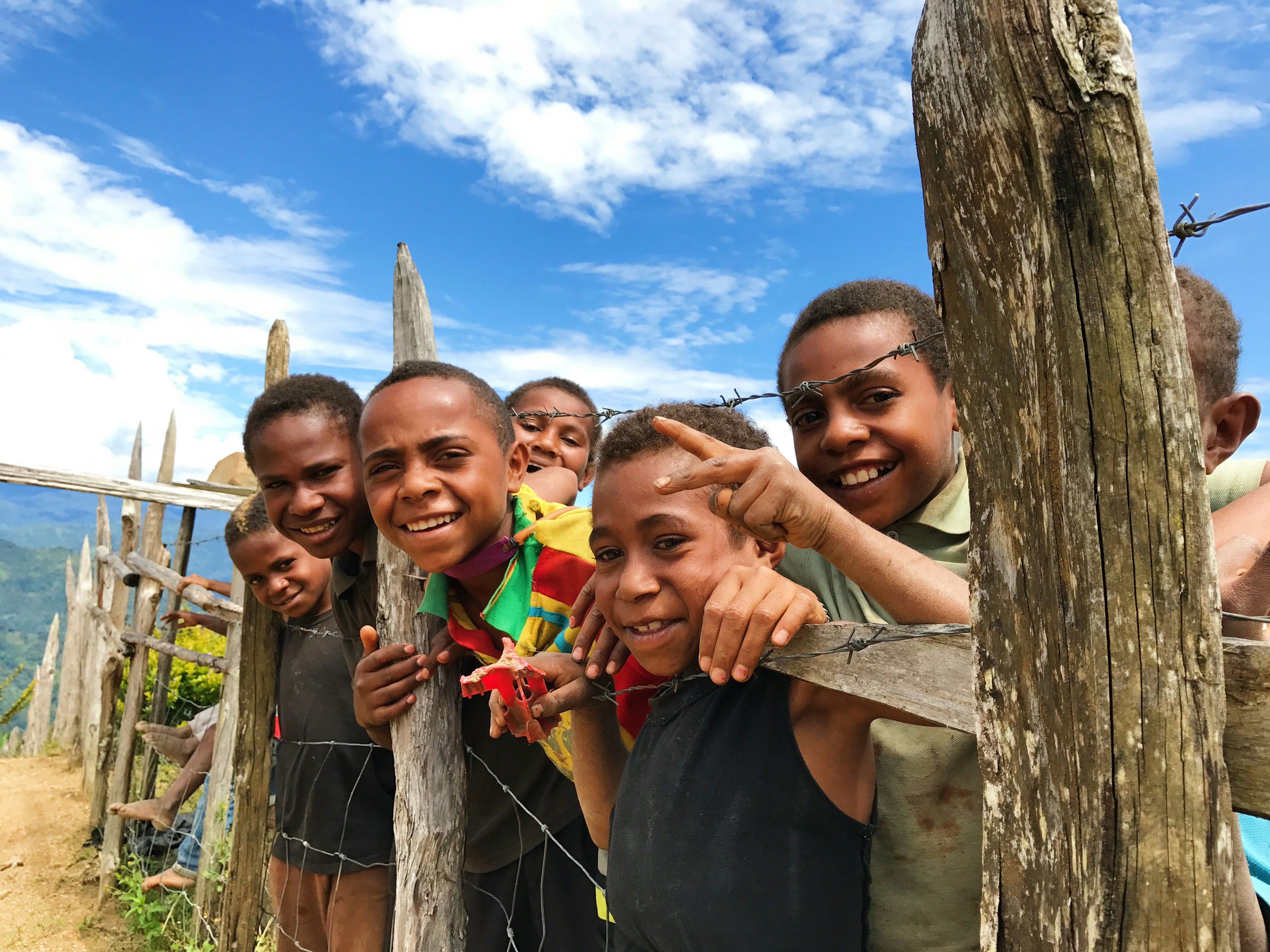
Malaria elimination is widely acknowledged to be one of the ‘best-buys’ in global public health. During the past decade, a combination of new methods of malaria diagnostic testing, the widespread distribution of insecticide-treated bed nets and the introduction of artemisinin-based combination therapies (ACTs) to treat malaria have resulted in a 75% drop in global malaria deaths.(1)
And yet, despite this remarkable progress, financing malaria elimination may be particularly challenging, in part as an ironic consequence of its own success. As the number of malaria cases and deaths decreases, the disease becomes less visible and resources to see elimination through to the end may be harder to come by. Close to 50,000 people(2) die from malaria annually in the Asia Pacific region, with the potential for this to more than double should there be a resurgence of the disease. Increasing investments through innovative financing schemes will be crucial to leverage the past gains and to build upon the current momentum in order to achieve an end of malaria for Asia and the Pacific for good.
From 2014 to 2016, the Global Fund to Fight AIDS, Tuberculosis and Malaria alone allocated just over US$ 4 billion to combat this deadly disease across 74 countries worldwide(3), making it the biggest single source of global malaria financing.
Already in 2016, six major donors have signalled their continued support, by announcing their planned contributions to the Global Fund’s Fifth Replenishment, which takes place later this year.(4) The European Union was the first donor to mark the pledge, followed by New Zealand, Portugal, Luxembourg, Canada and Japan. All pledged a significant increase in their contribution for the next three years funding cycle. The Replenishment, which aims for a US$13 billion investment, is projected to help save up to eight million lives, avert up to 300 million infections and new cases of HIV, TB and malaria, and lay the groundwork for potential economic gains of up to US$290 billion in the years ahead. This is a very good start, but it will take more.
A dramatic resurgence of the threat from emerging and re-emerging infectious diseases, including antimicrobial drug resistant organisms, also have been looming in recent years. “For infectious diseases, you cannot trust the past when planning for the future,” said Dr. Margaret Chan, Director-General of the World Health Organization on her opening speech at the Sixty-ninth World Health Assembly. “The rapidly evolving outbreak of Zika warns us that an old disease that slumbered for 6 decades in Africa and Asia can suddenly wake up on a new continent to cause a global health emergency.”
The World Bank Group has responded to this by launching the innovative financing mechanism to insure the world’s poorest countries against the pandemic risk. Announced as the first-ever insurance and pandemic bonds, the US$500 million Pandemic Emergency Financing Facility (PEF) is designed to combine public and private resources to advance global health security as well as accelerate both global and national responses to future outbreaks with pandemic potential. The World Bank projects that the annual global cost of a moderately severe to severe pandemic would be roughly $570 billion, or 0.7 percent of global income.
While the PEF is a great initiative that will assist countries to deal with potential pandemic threats, what is needed is innovative financing schemes that improve overall health security in countries and in the region so that they have the capacity to swiftly assess, detect and respond to public health emergencies. Investing in malaria elimination and health security today will vastly improve the effectiveness of our efforts tomorrow and benefit our citizen’s economic and social prosperity with increased productivity, improved the health and wellbeing, while freeing the public from the burden of disease.
(1) APLMA 2015 Annual Report, Page 2.
(2) APLMA Elimination Roadmap, Page 6
(3) Global Fund Allocations for 2014-2016 Allocation Period : www.theglobalfund.org
(4) www.worldbank.org
.svg)


.jpg)






